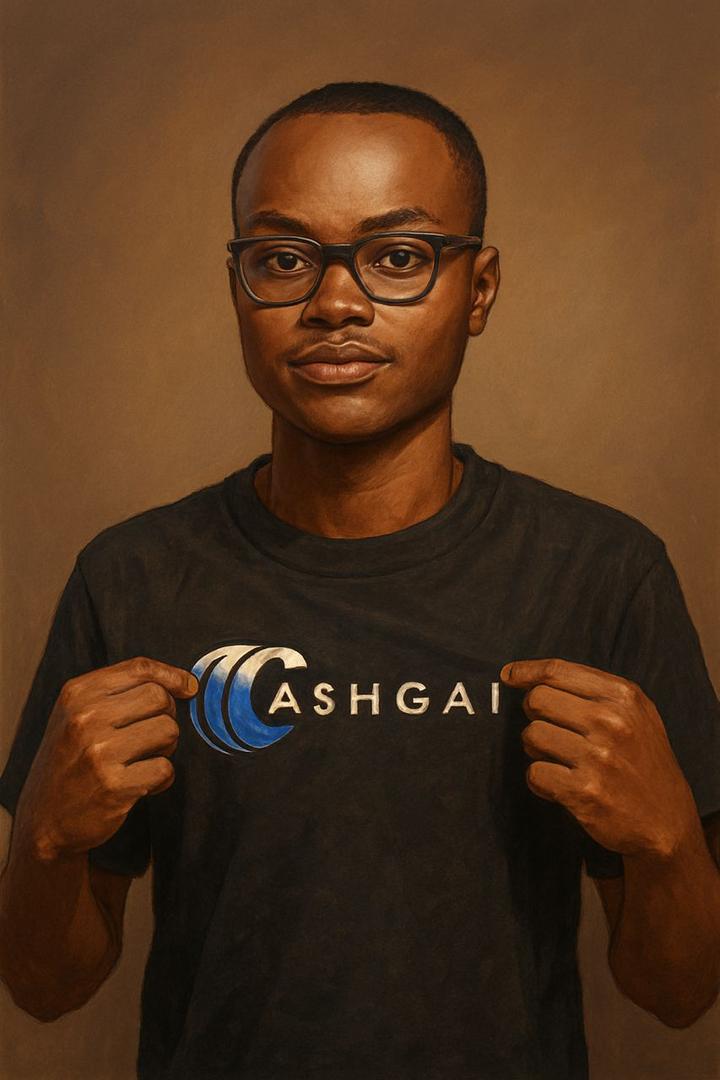Names Of God In Different Nigerian Languages And Their Meanings
Nigeria is a deeply religious country with strong roots in both Christianity, Islam, and African Traditional Religion (ATR). Across its 250+ ethnic groups, Nigerians have always acknowledged a supreme being—the Creator, the Protector, the Provider—long before modern religion arrived.
Whether in prayer, songs, or traditional rites, every tribe has a special way of calling on God, rich with meaning and cultural identity.
In this guide, we explore the names of God in different Nigerian languages, what they mean, and the deep reverence behind each one.
Why Nigerian Tribes Have Different Names for God
- Nigeria has over 500 languages, and each language reflects how that tribe understands God.
- Some names are spiritual titles, others are descriptions of God’s nature, and some are praise names.
- Many of these names have existed before colonialism or Western religion and are still used today.
Names of God in Major Nigerian Languages (With Meanings)
|
Language / Tribe |
Name of God |
Meaning / Description |
|
Yoruba |
Olodumare |
The Almighty / The Eternal One |
|
Yoruba |
Olorun |
Owner of the heavens |
|
Yoruba |
Eledumare |
The Creator of the Universe |
|
Igbo |
Chukwu |
The Big God / The Great Spirit |
|
Igbo |
Chineke |
God the Creator |
|
Igbo |
Obinigwe |
The One Who Lives in Heaven |
|
Hausa |
Allah |
The One True God (also used in Islamic worship) |
|
Hausa |
Ubangiji |
The Sovereign Lord / Master |
|
Efik/Ibibio |
Abasi |
Almighty God / Supreme Being |
|
Ijaw |
Tamuno |
Creator God / Great Spirit |
|
Edo (Bini) |
Osanobua |
Merciful God / Giver of Grace |
|
Tiv |
Aondo |
God who lives in the sky |
|
Urhobo |
Oghene |
The Supreme God |
|
Nupe |
Soko |
Creator God |
|
Idoma |
Owoicho |
The Owner of the World |
|
Kanuri |
Almadu |
Supreme Being / God (Islamic root) |
|
Ebira |
Ohomorihi |
The All-Knowing / The Supreme Being |
|
Igala |
Ojo |
God of Creation / Supreme Being |
|
Gwari (Gbagyi) |
Shekwo |
The Ultimate Being / The Most High |
|
Fulani |
Geno / Allah |
The Creator / The All-Powerful |
|
Bachama |
Homun |
Almighty One |
Cultural Context Behind the Names
1. Yoruba – “Olodumare” / “Olorun”
- The Yoruba believe Olodumare is too holy to be approached directly.
- God is often praised through Oriki (praise names) and intermediaries in traditional religion.
- In Christianity, “Olodumare” is used interchangeably with Jehovah.
2. Igbo – “Chukwu” / “Chineke”
- “Chi” means personal god or destiny. “Chukwu” means the highest Chi.
- Igbo people often use phrases like “Chukwu Okike” (God the Creator) and “Chukwu Ebuka” (God is great).
3. Hausa – “Allah” / “Ubangiji”
- Due to Islam, “Allah” is commonly used across the North.
- “Ubangiji” is an older Hausa name for the Sovereign Master, still used in Christian worship.
4. Efik/Ibibio – “Abasi”
- “Abasi” is central in Efik traditional beliefs and now widely used in Christian hymns.
- “Abasi Ibom” means God of all creation.
5. Ijaw – “Tamuno”
- The Ijaw people worship Tamuno as the supreme creator, often connected to rivers and natural elements in traditional rites.
Praise Names of God Across Tribes
|
Tribe |
Praise Name |
Meaning |
|
Yoruba |
Alagbara |
The Powerful One |
|
Igbo |
Ebube Dike |
Glorious Warrior |
|
Hausa |
Mai Iko |
The One with Power |
|
Edo |
Ogie N’Ose |
King of Heaven |
|
Tiv |
Aondo U Nyian |
God of Thunder and Fire |
|
Urhobo |
Oghene Oghwoghwo |
Unchanging God |
|
Ibibio |
Abasi Ayaya |
Wonderful God |
Names of God in Traditional Worship vs Modern Religion
|
Context |
Name Style |
Used By |
|
Traditional Religion |
Symbolic & Descriptive |
Elders, herbalists, priests |
|
Christianity |
Biblical Translation |
Pastors, believers, choirs |
|
Islam |
Quranic Translation |
Imams, Mallams, Islamic scholars |
|
Daily Usage |
Local Names |
Parents, children, communities |
FAQs
|
Question |
Answer |
|
Do all Nigerian tribes believe in a supreme being? |
Yes. Every tribe recognizes a supreme god even in pre-colonial beliefs. |
|
Are these names still used today? |
Absolutely — in worship, music, names, and proverbs. |
|
What’s the difference between Chukwu and Chineke? |
Chukwu means "Great God"; Chineke means "God the Creator." |
|
Is “Allah” a native Nigerian word? |
No. It's Arabic, adopted through Islamic influence in Northern Nigeria. |
|
Can I name my child after these names of God? |
Yes! Names like Chinenye, Ololade, Oghenero are common. |
Conclusion
Nigeria’s tribes may speak hundreds of languages, but one thing they all share is reverence for God. Whether it’s Olodumare, Chukwu, Abasi, or Oghene, these names reflect how deeply connected Nigerians are to their faith, culture, and Creator.
These are more than just names — they are songs, identities, and spiritual anchors.



